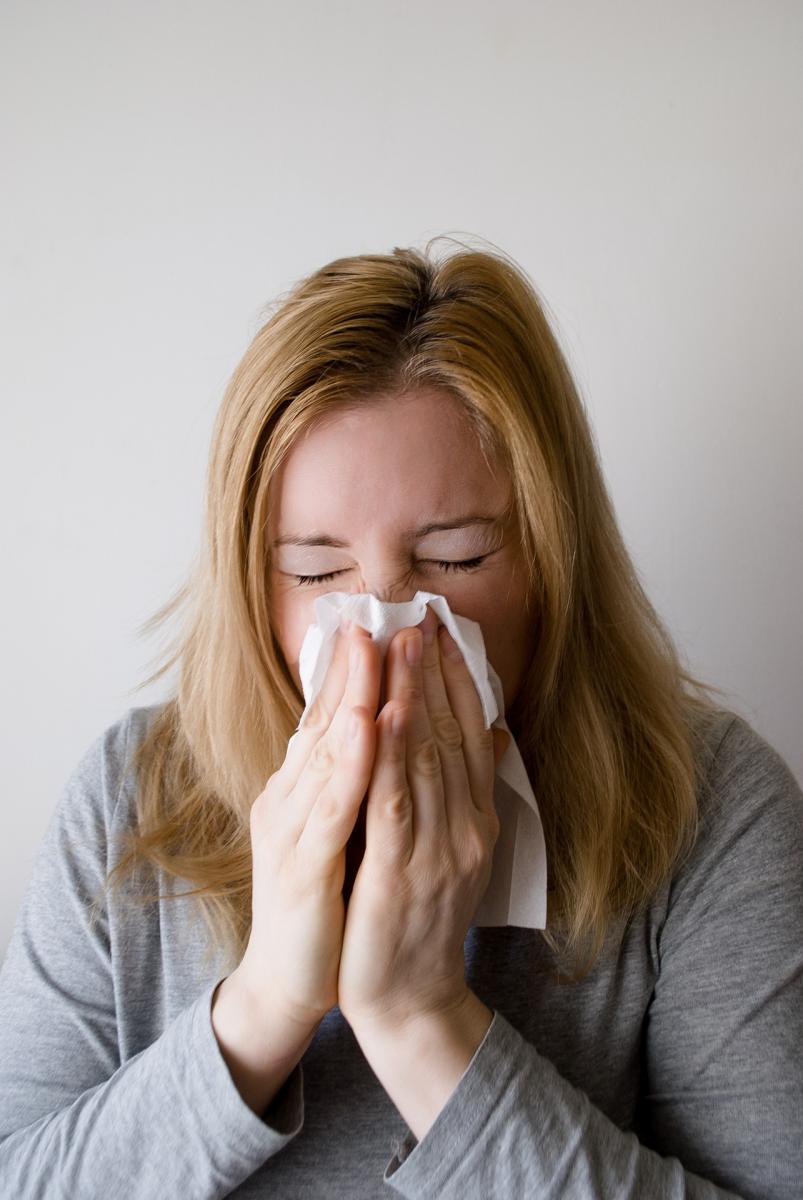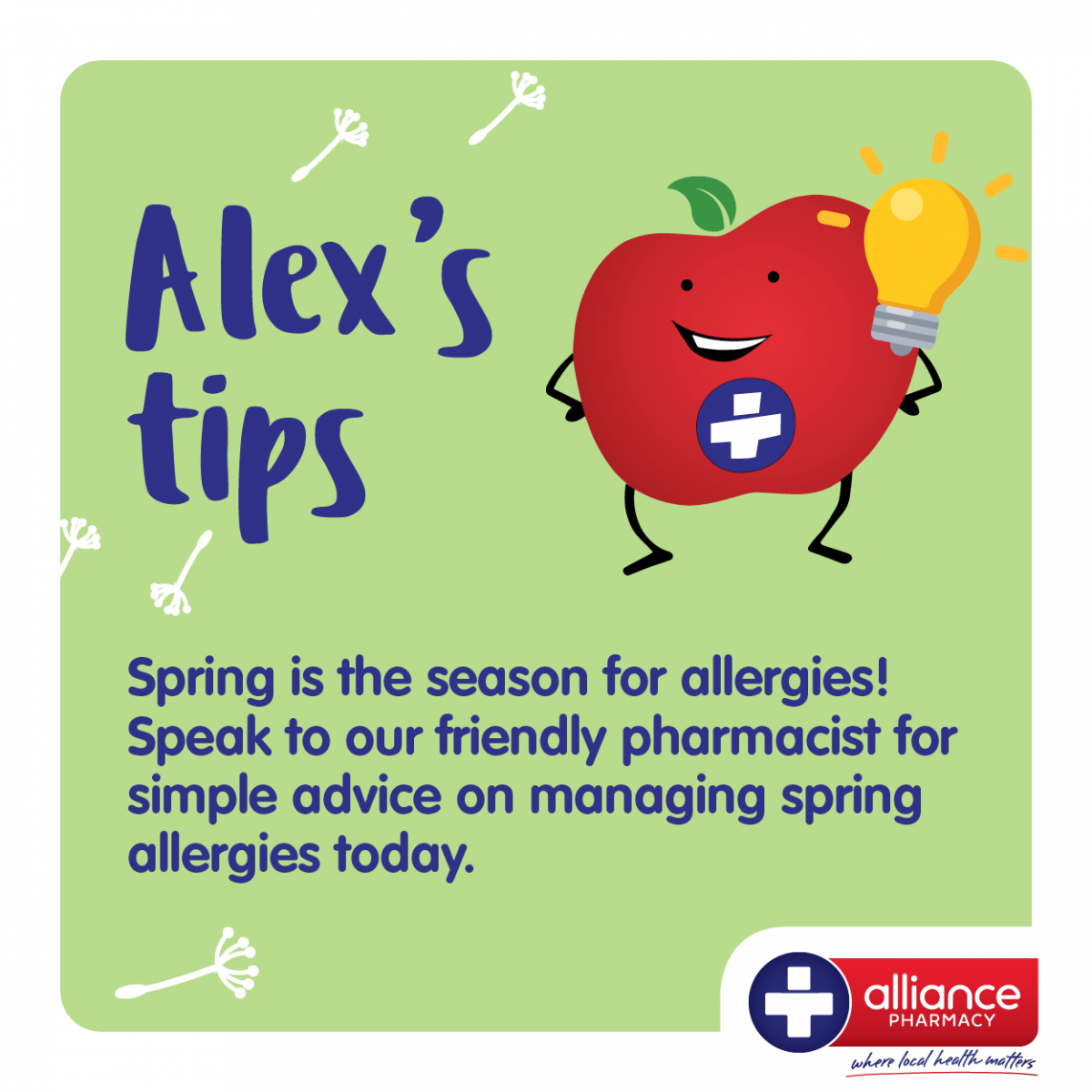Allergy relief solutions
Posted 17th September 2020
Whilst spring can mean sunnier days and the beauty of blossoming flowers, for the many who suffer from seasonal allergies the pleasant weather is accompanied by unpleasant symptoms. Here are a few ways that you can relieve the sneezing and congestion and enjoy the positives of spring a little more.

Stay informed of the daily pollen count
It is useful to be aware of days when there may be a lot of pollen in the air, to allow you to take steps to reduce your exposure and take allergy relief medications ahead of symptoms. Some ways to do this are via the radio, news, internet or apps.
Some resources include:
- https://airrater.org/ (recommended for Tas and ACT)
- https://www.pollenforecast.com.au/ (recommended for Brisbane, Melbourne and other parts of Victoria, Sydney and Canberra)
Reduce your exposure
Reducing your contact with allergens will assist in lowering your symptoms. Some ways to do this include staying indoors (especially on dry and windy days when pollen counts are higher), avoiding gardening chores and changing your clothes or having a shower after being outdoors. It may also help to hang your laundry to dry indoors as pollen may cling to clothing, as well as avoid outdoor activity when pollen counts are highest (normally the morning).
Eliminate allergens indoors
Aside from keeping doors and windows closed at night or when pollen counts are high, it will help to clean often and keep the air dry. Using a dehumidifier as well as high-efficiency air (HEPA) filters will assist with this.
Over-the-counter treatments
There are a range of non-prescription medications available to provide relief to allergy symptoms. For relief from sneezing, itching, congestion and watery eyes, oral antihistamines such as loratadine (Claratyne), cetirizine (Zyrtec) and fexofenadine (Telfast) will assist with this. These will vary in effectiveness from person to person, and some may find one will work better for them than others. Cetirizine may also cause drowsiness in some people.
Oral decongestants and nasal sprays can provide relief from blocked and runny noses but should not be used multiple days in a row. Mometasone may also be used in nasal sprays such as Nasonex to prevent symptoms of hay fever and asthma. It is encouraged to speak to your pharmacist and try different methods to find which treatment options best suit you.

Sources:
https://www.mayoclinic.org/diseases-conditions/hay-fever/in-depth/seasonal-allergies/art-20048343
https://asthma.org.au/blog/top-pollen-apps/


